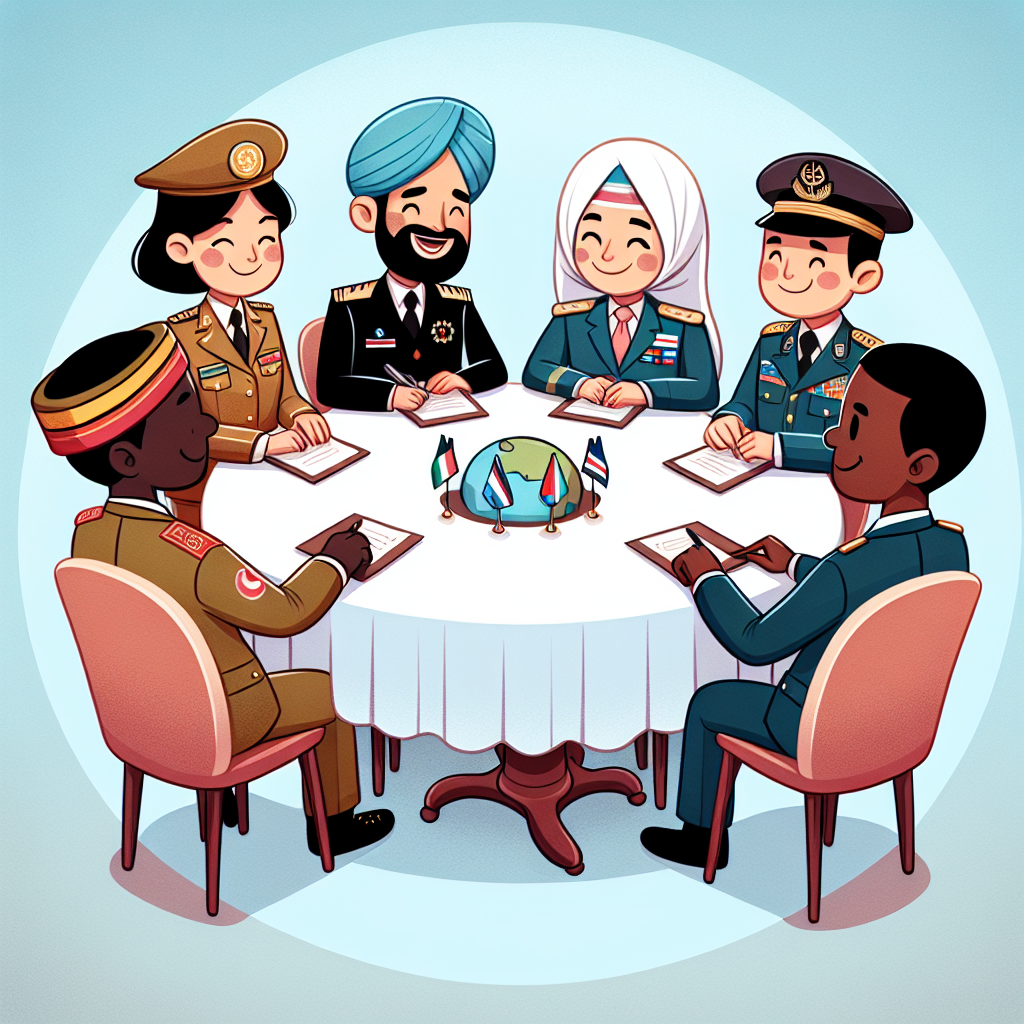Strategic Chessboard: Trump's New Diplomatic Battleground
President Trump faces a unified group of U.S. antagonists due to Russia's invasion of Ukraine. With Xi Jinping and Putin solidifying a partnership, Trump aims to address Russia's war, Iran's nuclear ambitions, and China's growing influence. He seeks to strengthen U.S. alliances while differentiating threats from China, Russia, Iran, and North Korea.

In his new term, President Donald Trump confronts a more united front of U.S. foes amid the ongoing conflict in Ukraine. The strategic alliances forged by China and Russia pose fresh diplomatic challenges, prompting Trump's administration to recalibrate its approach to international adversaries.
As Chinese President Xi Jinping and Russian President Vladimir Putin reinforce their 'no-limits partnership,' diplomatic experts warn of reduced U.S. leverage. The alliance has strengthened economically and strategically, with North Korea and Iran joining the fold, complicating U.S. foreign policy efforts.
Trump's administration aims to detach these partnerships, looking to engage directly with North Korea and Russia. However, analysts caution that the evolving geopolitical landscape demands adept navigation of complex international dynamics, with strengthened alliances playing a pivotal role in the overarching strategy.
(With inputs from agencies.)
- READ MORE ON:
- Trump
- diplomacy
- China
- Russia
- Ukraine
- alliance
- Iran
- nuclear
- North Korea
- U.S. military










